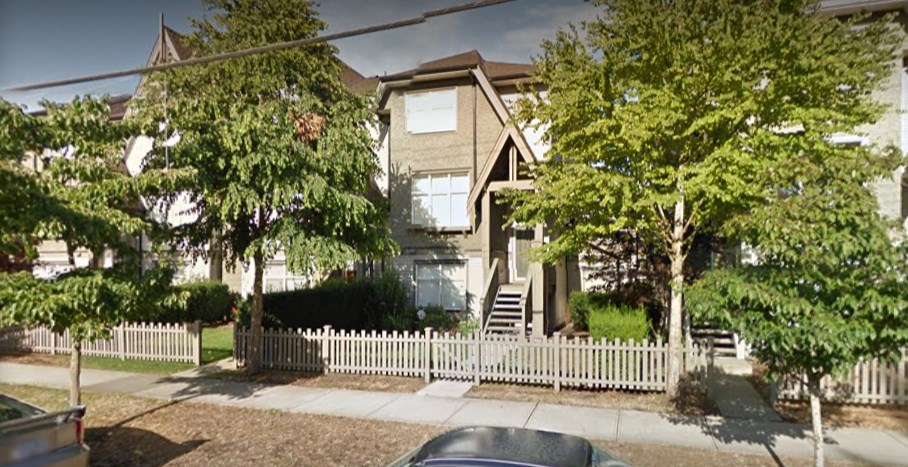The B.C. Human Rights Tribunal will not hear a unique case involving accusations that a group of Mandarin-speaking strata council members racially discriminated against non-Mandarin speaking homeowners.
Complainant Andreas Kargut, a now former resident of the Wellington Court townhouse complex in Richmond, said a settlement had been reached in the 11th hour, prior to Monday’s scheduled tribunal hearing.
Kargut, and eight other owners of various ethnic and linguistic backgrounds, made national headlines in December 2015, after claiming racial discrimination from the Mandarin speakers who allegedly refused to conduct strata council meetings — including the 2015 Annual General Meeting (AGM) — in English and with no translation service.
Both parties have signed a non-disclosure and non-disparagement agreement.
“The parties have resolved all outstanding issues. The parties will not be disclosing the details of the settlement,” said Kargut, who previously claimed “the future of English” in Canada was at stake.
As it stands, residential strata council meetings in B.C. will continue to be able to operate in any language of a council’s choosing, as B.C. has no official language law and the Strata Property Act has no language requirements.
According to a request by Glacier Media under the Freedom of Information and Privacy Act, the provincial government has not pursued changes to the Strata Property Act nor looked at establishing an official language law since Kargut went public with his claim.
Richmond South Centre MLA Linda Reid initially expressed support for Kargut’s claim but later stated, following the May 2017 provincial election, the matter was an isolated incident.
Reid’s then NDP counterpart (and City of Richmond councillor) Chak Au suggested, as part of his campaign, translation services (for either strata party) be available under law.
A spokesperson for Minister of Housing and Municipal Affairs Selina Robinson said she will continue to “encourage” stratas to use translation services.
B.C. Civil Liberties Association executive director Josh Paterson said a tribunal ruling, generally speaking, can set a legal precedence.
Kargut said previously he believes language battles at strata councils are becoming more frequent in Metro Vancouver, based on conversations he’s had with supporters.
Kargut said he could not reveal what was the driving motivation behind a pre-hearing settlement.
But on a crowd-funding website, Kargut wrote that had the case proceeded, it would have cost him an estimated $50,000 on top of the $60,000 he and his group had already claimed to have spent on legal fees. Furthermore, the case could have been appealed, he said.
Kargut, who moved to Vernon in the intervening time, said the $9,000-plus raised on GoFundMe would be put toward existing legal costs.
“It just wasn’t enough,” said Kargut of the underwhelming response.
“I want to thank those people who did help. It helped us get as far as we did,” said Kargut, who had previously claimed a small victory when the tribunal decided to hear the claim.
The case is unique in so much that ethnic Chinese people are a visible minority in Canada but a majority in Richmond (52 %). And, 11.2 % of Richmond residents cannot communicate in English — by far the highest rate in Canada.
The case was approved for a hearing last December by tribunal member Walter Rilkoff: “Where it occurs, discrimination by the minority against members of the majority group is no more acceptable just because that group has obtained a majority in a particular enclave.”
The strata told the tribunal that it needed to speak Mandarin only because its members were all Mandarin-speaking and some didn’t speak English.
Wrote Rilkoff: “Wellington Court is not, and cannot be, a closed community open only to people of one ethnic group. Any owner is free to sell their unit to anyone and anyone is entitled to purchase a unit. That buyer in turn is entitled to meaningfully participate in the Strata’s governance.”



